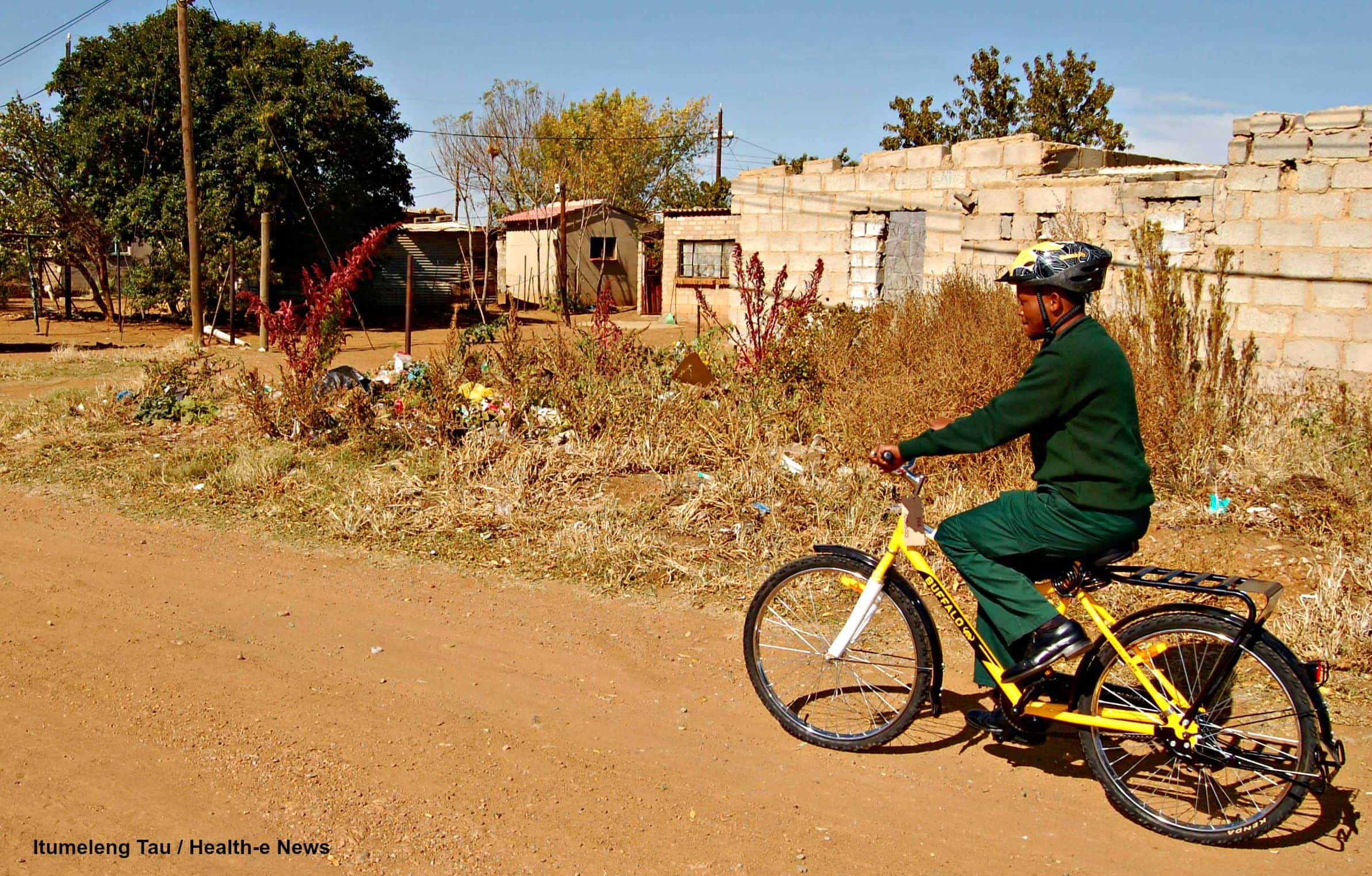‘Rural-proofing’ policy launched


Speaking at the “Rural Proofing Guidelines” launch this week, Daygan Eager from the Rural Health Advocacy Project, said there are currently no methods for accommodating rural communities in policy in South Africa.
“Policy is sometimes inappropriate for rural context and in some cases entrenches inequities between urban and rural,” he told Health-e News.
Vuyokazi Gonyela, a provincial organiser for the Treatment Action Campaign in the Eastern Cape, sited “distance and poor infrastructure” as barriers for rural people to accessing health care.
“Patients have to pay R600 for car hires and in most cases will not get the treatment they need because the depot has not delivered the medication to the clinic,” she said.
“Infrastructural problems, such as lack of electricity and telephone lines pose a threat in service delivery but often not taken into context in policy implementation” she added
The National Health Insurance scheme has introduced initiatives such as ward based outreach teams, but Gonyela feels that those planning of these teams never considered the limitations and barriers of rural settings
“A community health worker in the Eastern Cape will have to put more effort than one in Gauteng, as travelling to the patients will take most of her time, ” she said.
“This also decreases the time she spends with patients as it takes up the time.”
Eager added that the guidelines will assist in identifying what needs to be done differently to achieve the policy outcome same as the urban areas.
“The benefit of rural proofing is that it ensures rural is explicitly considered in policy and strategic planning.”
Deputy Director General in the National Department of Health Jeanette Hunter, thesaid the guidelines are educational as they will assist to be government departments to be take the rural context when designing programmes. – Health-e News.
Author
Republish this article
This work is licensed under a Creative Commons Attribution-NoDerivatives 4.0 International License.
Unless otherwise noted, you can republish our articles for free under a Creative Commons license. Here’s what you need to know:
You have to credit Health-e News. In the byline, we prefer “Author Name, Publication.” At the top of the text of your story, include a line that reads: “This story was originally published by Health-e News.” You must link the word “Health-e News” to the original URL of the story.
You must include all of the links from our story, including our newsletter sign up link.
If you use canonical metadata, please use the Health-e News URL. For more information about canonical metadata, click here.
You can’t edit our material, except to reflect relative changes in time, location and editorial style. (For example, “yesterday” can be changed to “last week”)
You have no rights to sell, license, syndicate, or otherwise represent yourself as the authorized owner of our material to any third parties. This means that you cannot actively publish or submit our work for syndication to third party platforms or apps like Apple News or Google News. Health-e News understands that publishers cannot fully control when certain third parties automatically summarise or crawl content from publishers’ own sites.
You can’t republish our material wholesale, or automatically; you need to select stories to be republished individually.
If you share republished stories on social media, we’d appreciate being tagged in your posts. You can find us on Twitter @HealthENews, Instagram @healthenews, and Facebook Health-e News Service.
You can grab HTML code for our stories easily. Click on the Creative Commons logo on our stories. You’ll find it with the other share buttons.
If you have any other questions, contact info@health-e.org.za.
‘Rural-proofing’ policy launched
by sibongilenkosi, Health-e News
January 30, 2015




3 Comments
Hi – Do you know if the guidelines are publicly available and where can I find them? Thanks
Hi Judith, We just received and uploaded the electronic version of the guidelines as well as related presentations. You can find them and a summary here https://health-e.org.za/2015/02/02/guidelines-rural-proofing-health/
Many thanks, Laura. Got them.